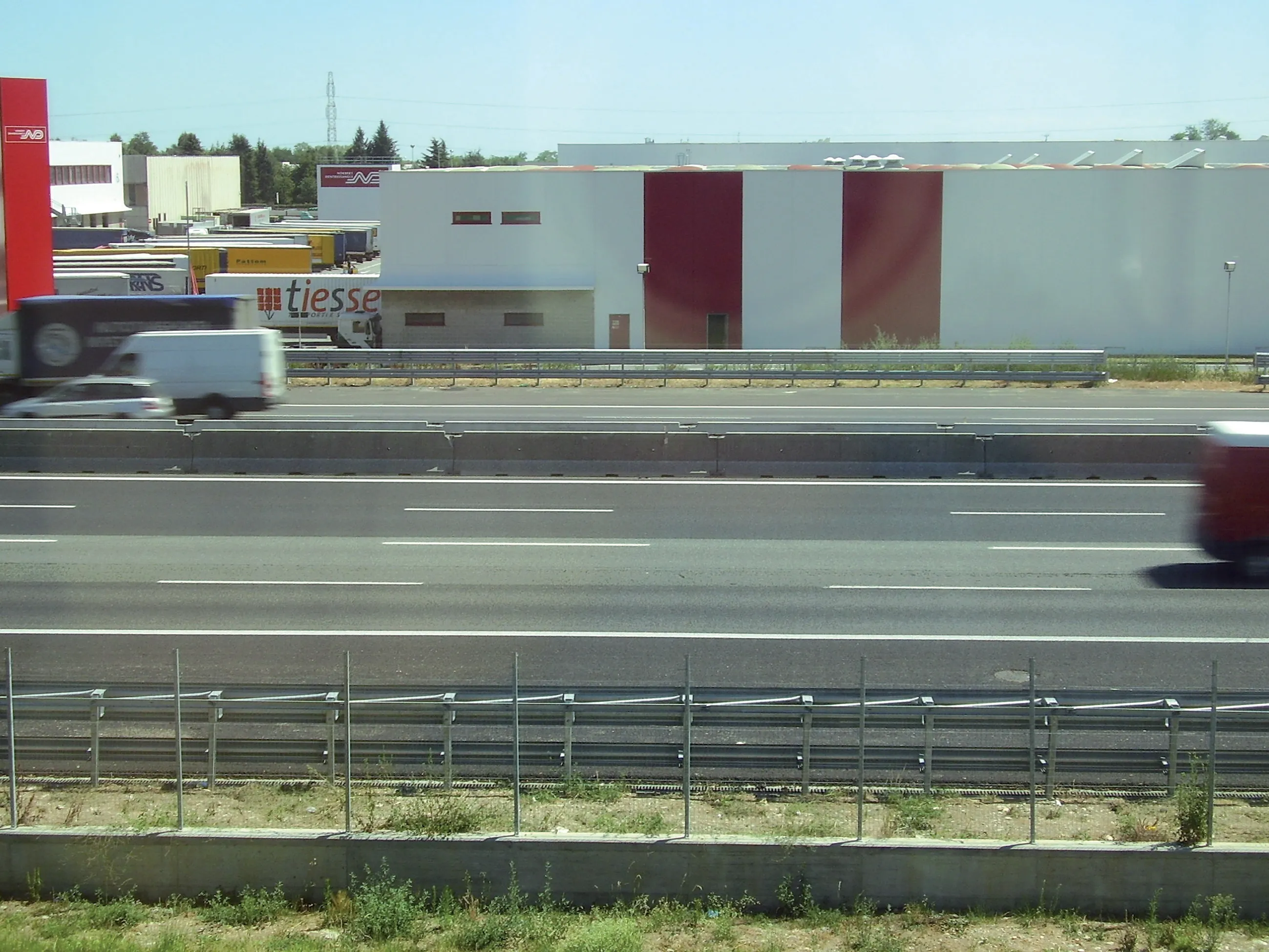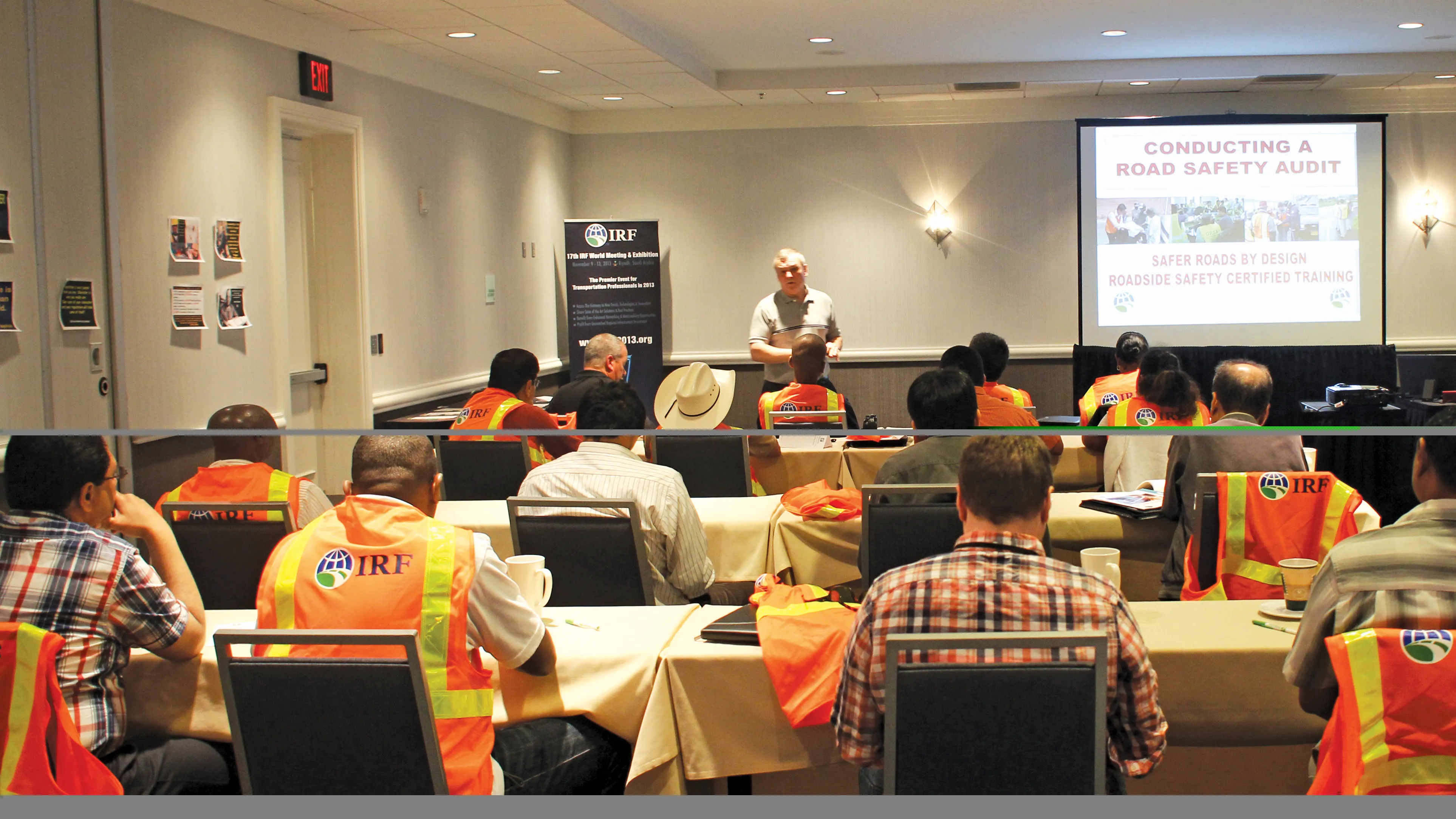The Egyptian Government is investing both in road development and road safety, setting strategies in place for future development. The country has a construction programme that will see some 3,600km new roads being built. At the same time, the Egyptian Government has set a budget of some US$5 billion to improve road safety. The authorities in the country have identified the need to boost road safety to international standards as Egypt’s crash statistics and road casualty levels are of concern and have a ver
February 24, 2015
Read time: 2 mins
RSSThe 5502 Egyptian Government is investing both in road development and road safety, setting strategies in place for future development. The country has a construction programme that will see some 3,600km new roads being built. At the same time, the Egyptian Government has set a budget of some US$5 billion to improve road safety. The authorities in the country have identified the need to boost road safety to international standards as Egypt’s crash statistics and road casualty levels are of concern and have a very negative effect on its economy. Consultants and contractors operating in Egypt need to have better connections with high-end manufacturers and suppliers of safety technologies as a result, with a requirement having been identified for an event in this field. Key government decision makers, contractors and consultants will meet to discuss upcoming projects and address their immediate requirements at the Road Safety Egypt & North Africa conference, which is being run from 5th-6th May 2015, in capital Cairo. A number of Egypt’s key stakeholders will be present including: Hisham Zaazou, minister of Tourism; Dr Saad El Gioshy, chairman, General Authority for Roads, Bridges and Land Transport; Dr Ali Selim, senior advisor to the Minister of Transport; Sayed Metwale, executive director, Greater Cairo Transport Regulatory Authority.









